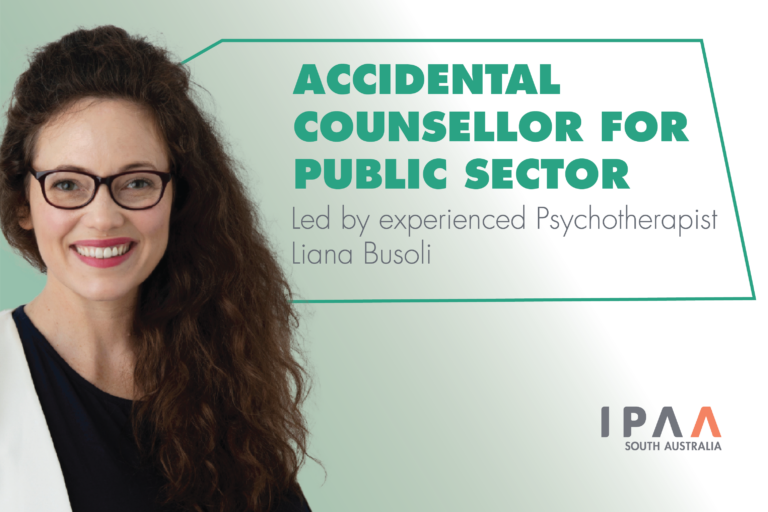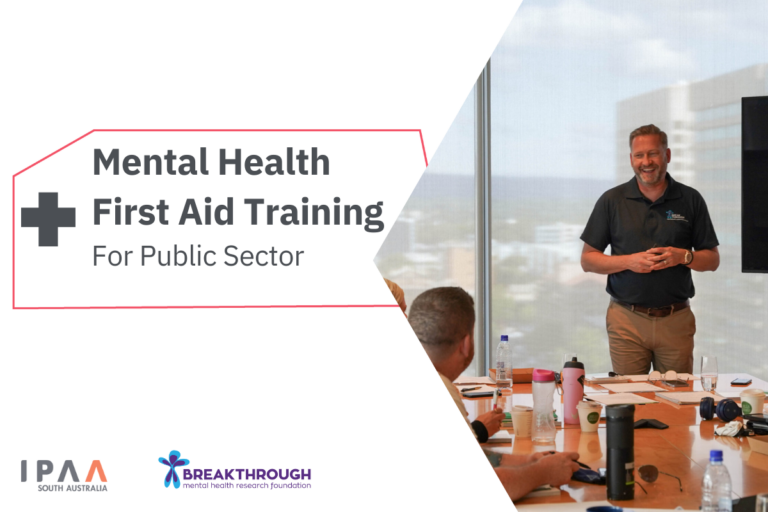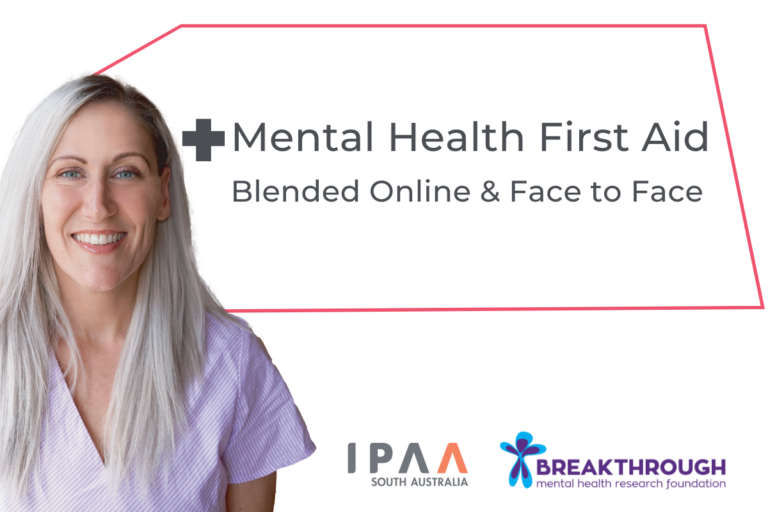
Content
- Focusing on decisions and understanding what decision-makers want.
- Introducing a structure for developing and presenting reports and proposals.
- Using a logical structure to develop a report or proposal.
- The process of preparing your report or proposal.
- Presenting numbers effectively.
- Enhancing the impact of your report in order to get decisions made (including summarising information effectively).
Outcomes
- Effectively research, compile and edit information necessary for quality decisions.
- Use a straightforward structure for preparing and presenting a report or proposal.
- Enhance the impact of your reports to ensure they are engaging and stand out from the others.
Who Should Attend
This course is ideal for anyone who is required to provide, present or contribute to reports, submissions and proposals designed to help others make decisions.
Benefits to You and Your Organisation
- You will be introduced to methods that can be used immediately to improve the structure and clarity of reports.
- Good reports and proposals are tools that enable you to lead others with the substance of evidence, your knowledge and authority.
- Robust reports and proposals for enhanced decision-making within organisations.
- Well-constructed and written reports are tools for organisations to attract increased funding and resources.
Learn about our speakers

Mark Priadko
Principal
ABFA
Mark Priadko helps his business clients think clearly through complex situations and opportunities.
Mark has worked for over 15 years as a freelance contractor and consultant based in Adelaide, South Australia.
Clients include organisations from all levels of government (state, federal and local), Universities, and other for-profit and not-for-profit organisations. His love of learning, his experience and understanding of finances and strategy, and his curiosity lead him to insights into how organisations and their various functions and projects can be progressed or improved.
Mark Priadko works with his clients to more clearly understand their organisations helping them make quality decisions often in complex situations. Mark is engaged by his clients in a range of ways including:
• Independent thinking - to perform detailed organisational and financial analysis and deliver reports containing findings and recommendations and to produce business cases, proposals or business plans designed to improve the organisation
• Training and Development - to develop and deliver training in courses on topics like Financial Management, Strategic Thinking, Constructing Business Cases, Critical Thinking and Problem Solving and Analysing and Presenting Data.
• Facilitated thinking - To facilitate the thinking and planning necessary to help an organisation develop strategic and business plans, business cases/proposals and approaches to reporting.
Mark has developed and delivered a range of training courses for publicly offered programs and tailored courses specific to client requirements. Tailoring of training takes into account specific organisational requirements, processes and reporting formats as well as the development of case studies relevant to the organisation.
Courses and training materials have been developed for:
• Financial Management (including managing budgets and financial plans)
• Strategic Thinking
• Preparing reports and business cases
• Analysing and presenting data
• Critical thinking and problem solving
• An Introduction to Project Management
• Innovation and Creativity.
Clients include public sector Departments (State and Federal), Local Councils, Universities, Large Infrastructure Companies and not-for-profit organisations.
The first half of his professional career led him to Executive roles in South Australian Treasury and Finance. He has a deep knowledge of government decision-making processes and public sector financial management. The second half of his career has seen Mark work with a range of clients, largely public sector, on initiatives to improve their organisations or develop their staff. Mark has public sector clients based in Adelaide, Canberra and Hobart.
Mark’s former responsibilities in Treasury and Finance included providing advice on the State Government’s financial strategy, legislation and policies, overseeing whole of government banking, financial reporting and related financial systems and working with agencies as part of the annual budget process and weekly Cabinet processes.
Mark also worked for in BHP Billiton as a team leader involved in establishing teams in the Shared Service Centre in 2000 and 2001.
Mark has an Honours Degree in Economics and a Graduate Diploma in Marketing.
Mark is married (to Gemma for over 24 years) and has three adult/teenager children. He also serves as a volunteer board member for Arid Recovery Pty Ltd (conservation and research organisation) and as a trustee for the Julie Farr McLeod Benevolent Fund (supporting services to the disability community).
Upcoming course availability
September 2024
Thursday, 19 September 2024
October 2024
Monday, 14 October 2024
Format
Face-to-face
Duration
1 full day 9:00am - 4:30pm (8:45am registration)
Competency framework
First Line Manager Common/Core (ASO2-ASO5)
Middle Manager Common/Core (ASO5-ASO8)
(This competency framework is provided as a guide only)
Inclusions
Workbook, resources, morning tea, refreshments and lunch (lunch provided only on full day courses)
Location
12 Pirie Street, Adelaide SA 5000
(please visit registration links for further information)
View map
Costs
Personal Member $575
State Govt Employee Member $615
Corporate Member $625
Non-Member $725




